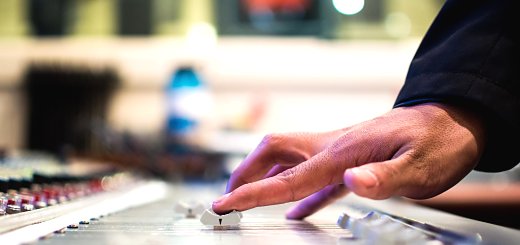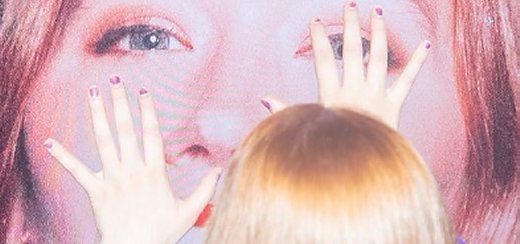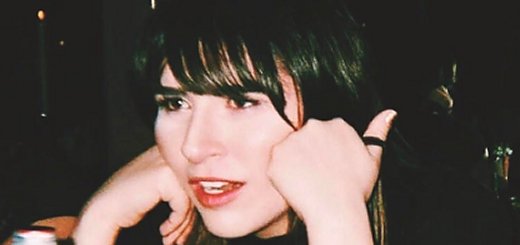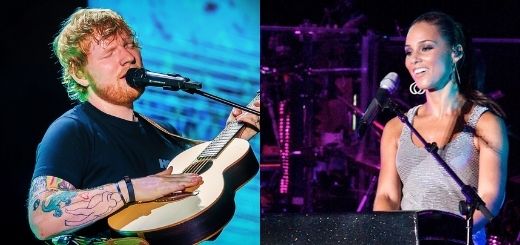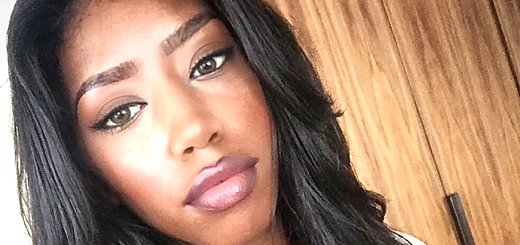"Right now, when you get songwriters in the room, they're trying to write a radio hit, because that's the only way you make money. If we create an environment where songwriters are not worried about this, if they're not freaking out about paying their rent, and they're just able to focus on being creative, there will be a musical renaissance" - US writer Emily Warren tells BBC about her initiative The Pact, a group of the world's biggest songwriters who got together to stop the practice of pop-stars taking credit for songs they didn't write any part of. It used to be rare, but in recent years, artists have started demanding a share of the publishing "ninety-nine per cent of the time", says Tayla Parx, another Pact member, whose credits include Ariana Grande's 'Thank U Next' and 'High Hopes' by Panic! At The Disco. Warren, who recently received a Grammy nomination for her work on Dua Lipa's 'Don't Start Now', says that demands for co-writing credit start with a 1% share, rising as high as 20%, with an average of about 15%. Since The Pact launched two weeks ago, more than 1,000 people have signed the open letter.
